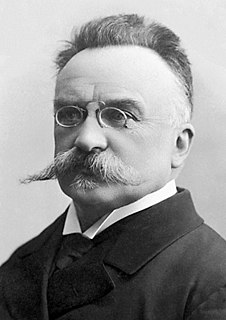A Quote by Michael Ignatieff
Political utopias are a form of nostalgia for an imagined past projected onto the future as a wish.
Related Quotes
Murray said, ´I don´t trust anybody´s nostalgia but my own. Nostalgia is a product of dissatisfaction and rage. It´s a settling of grievances between the present and the past. The more powerful the nostalgia, the closer you come to violence. War is the form nostalgia takes when men are hard-pressed to say something good about their country.´
There are two generic and invariable features that characterize utopias. One is the content: the authors of utopias paint what they consider to be ideal societies; translating this into the language of mathematics, we might say that utopias bear a + sign. The other feature, organically growing out of the content, is to be found in the form: a utopia is always static; it is always descriptive and has no, of almost no, plot dynamics.
The human condition can almost be summed up in the observation that, whereas all experiences are of the past, all decisions are about the future. It is the great task of human knowledge to bridge this gap and to find those patterns in the past which can be projected into the future as realistic images.
No man-made law ever, no matter whether derived from the past or projected onto a distant, unforeseeable future, can or should ever be empowered to claim that it is greater than the Natural Law from which it stems and to which it must inevitably return in the eternal rhythm of creation and decline of all things natural.
What you think of as they past is a memory trace, stored in the mind, of a former Now. When you remember the past, you reactivate a memory trace -- and you do so now. The future is an imagined Now, a projection of the mind. When the future comes, it comes as the Now. When you think about the future, you do it now. Past and future obviously have no reality of their own. Just as the moon has no light of its own, but can only reflect the light of the sun, so are past and future only pale reflections of the light, power, and reality of the eternal present. Their reality is "borrowed" from the Now.
It is true that I am not one of those who laugh at utopias. The utopia of today can become the reality of tomorrow. Utopias are conceived by optimistic logic which regards constant social and political progress as the ultimate goal of human endeavor; pessimism would plunge a hopeless mankind into a fresh cataclysm.
Some of my relatives held on to imagined memories the way homeless people hold onto lottery tickets. Nostalgia was their crack cocaine, if you will, and my childhood was littered with the consequences of their addiction : unserviceable debts, squabbles over inheritances, the odd alcoholic or suicide.


































